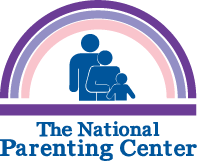
• First, children have the opportunity to learn at their own pace without feeling pressure to keep in step with the school’s timetables.
• Second, children can learn in an environment where academic skills are more likely to be directly applied, as in learning about fractions through doubling a recipe in the kitchen.
• Finally, students are free to learn for its own sake and not simply to earn grades, prizes, rewards, or to compete with other children.
There are some drawbacks to home schooling that parents should also keep in mind, however.
• First, it requires a major commitment from at least one parent, willing to spend a good part of each day working closely with the child.
• Second, the child may become isolated and not receive the stimulation from other kids so essential to social development.
• Third, parents may home school their children simply because they’re afraid to let go of them, or they’re unwillingly to let them find their own way in the world.
Thomas Armstrong, Ph.D. is an award-winning author and speaker with twenty-eight years of teaching experience from the primary through the doctoral level, and over one million copies of his books in print on issues related to learning and human development. He is the author of nine books including Multiple Intelligences in the Classroom, In Their Own Way, Awakening Your Childâs Natural Genius, 7 Kinds of Smart, The Myth of the A.D.D. Child, ADD/ADHD Alternatives in the Classroom, and Awakening Genius in the Classroom. His books have been translated into sixteen languages, including Spanish, Chinese, Hebrew, Danish, and Russian.



